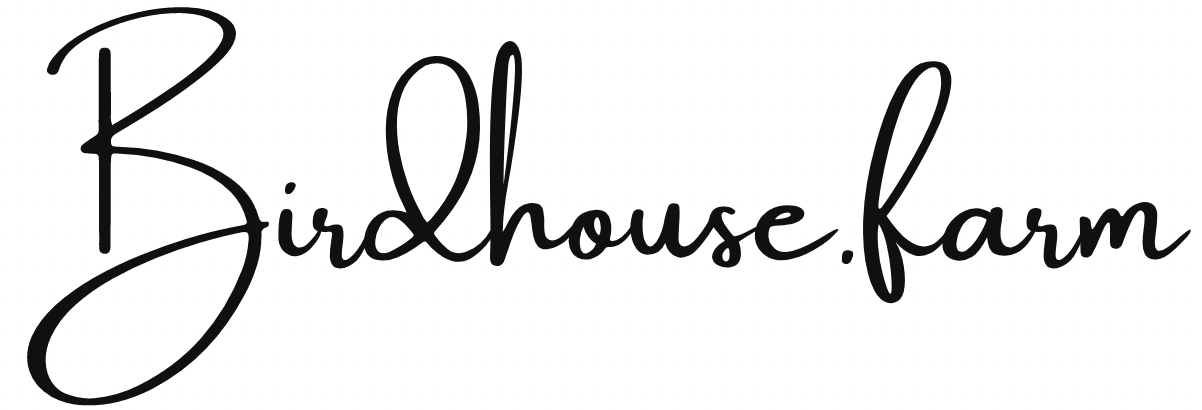Our Team

Daniel Wallach
President, Lead Creative
Daniel Wallach is a social entrepenuer and idea generator who was the first Executive Director of The Colorado Association of Nonprofit Organizations in 1987, a cofounder of the National Council of Nonprofit Associations in 1989 and cofounder of Greensburg GreenTown, an organization that spearheaded the sustainable rebuilding of Greensburg after a tornado destroyed the town in 2007. He has presented on sustainable disaster recovery around the country. Daniel is passionate about healing at the micro and macro levels and has worked with individuals for decades helping guide folks into lives of greater substance and satisfaction.

Ama Hapke Rosen
VP Operations
Ama Hapke Rosen is a business owner and dedicated community advocate. Ama has worked in disaster recovery for many years and now primarily consults with small businesses and not for profits. Ama is an active member of her HOA, Founding Member of the Civic Engagement Commission for the City of Aurora (CO), and has volunteered with the Multiple Sclerosis Foundation since 2008.
An Illinois native, Ama graduated from Southern Illinois University with a Masters in Public Administration, Bachelors in Political Science. Ama moved to Colorado with her late husband (Balbino Rosen) in 2010 and now resides in Aurora, Colorado with her young daughter, Kailani. She enjoys spending time hiking, biking, snowboarding, and gardening.

Tanner Wycoff
VP Research
Tanner Wycoff, a Saint John, Kansas native, studied philosophy and biology at Colorado Mesa University.
Tanner is a state certified mushroom identifier; who can legaly identify wild mushrooms for sale inside the state of Kansas.
He is also an avid outdoorsman and rock hound.
At Birdhouse.farm, Tanner focuses on agroecological habitat management and bioremediation. His work includes developing a suburban wetland, agroforestry trials, and promoting sustainable aquatic farming. He also advances edible insect and mushroom cultivation and tests native plants like cattails for water quality improvement.
His future plans include researching biological imputs to reduce agricultural chemical use, and cancer rates in the local comunity.
Tanner is proficient in mycology, agroecology, bio-chemistry, forestry, microbiology, and plant breeding.
